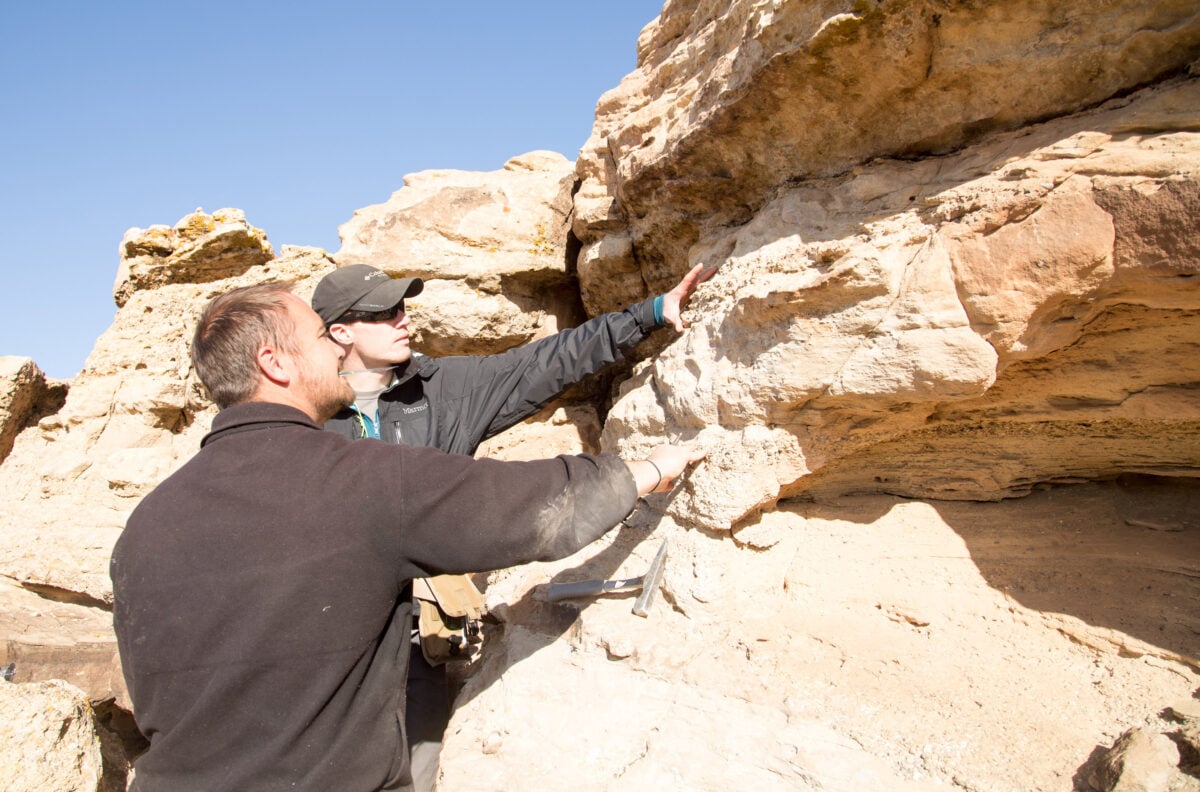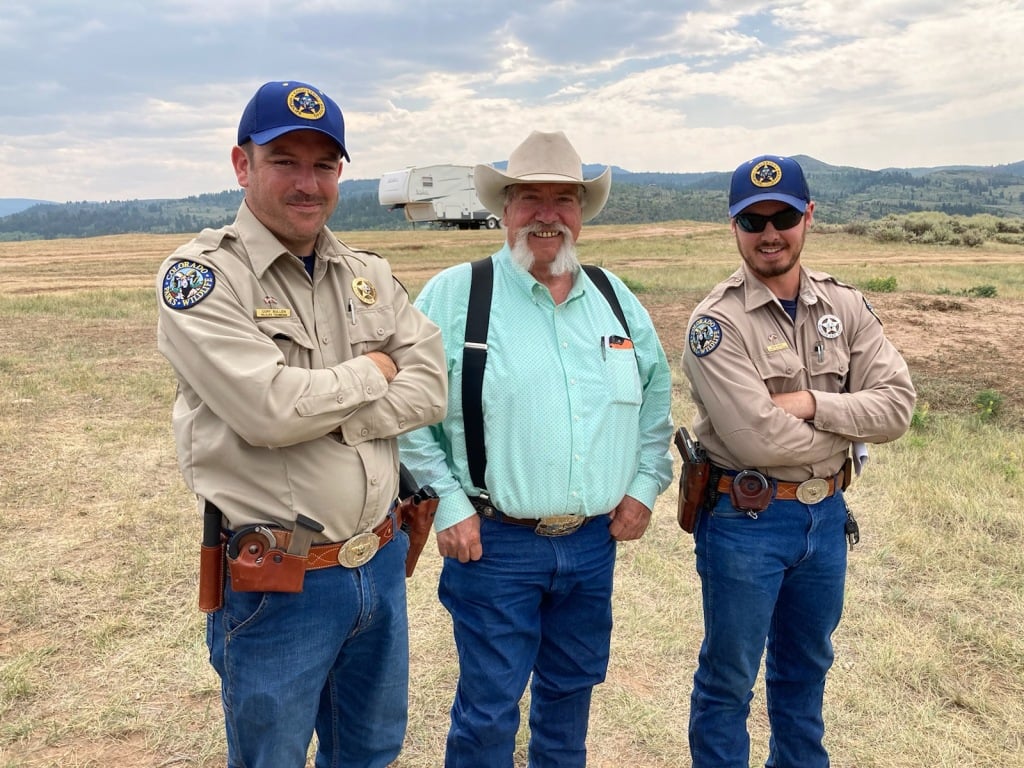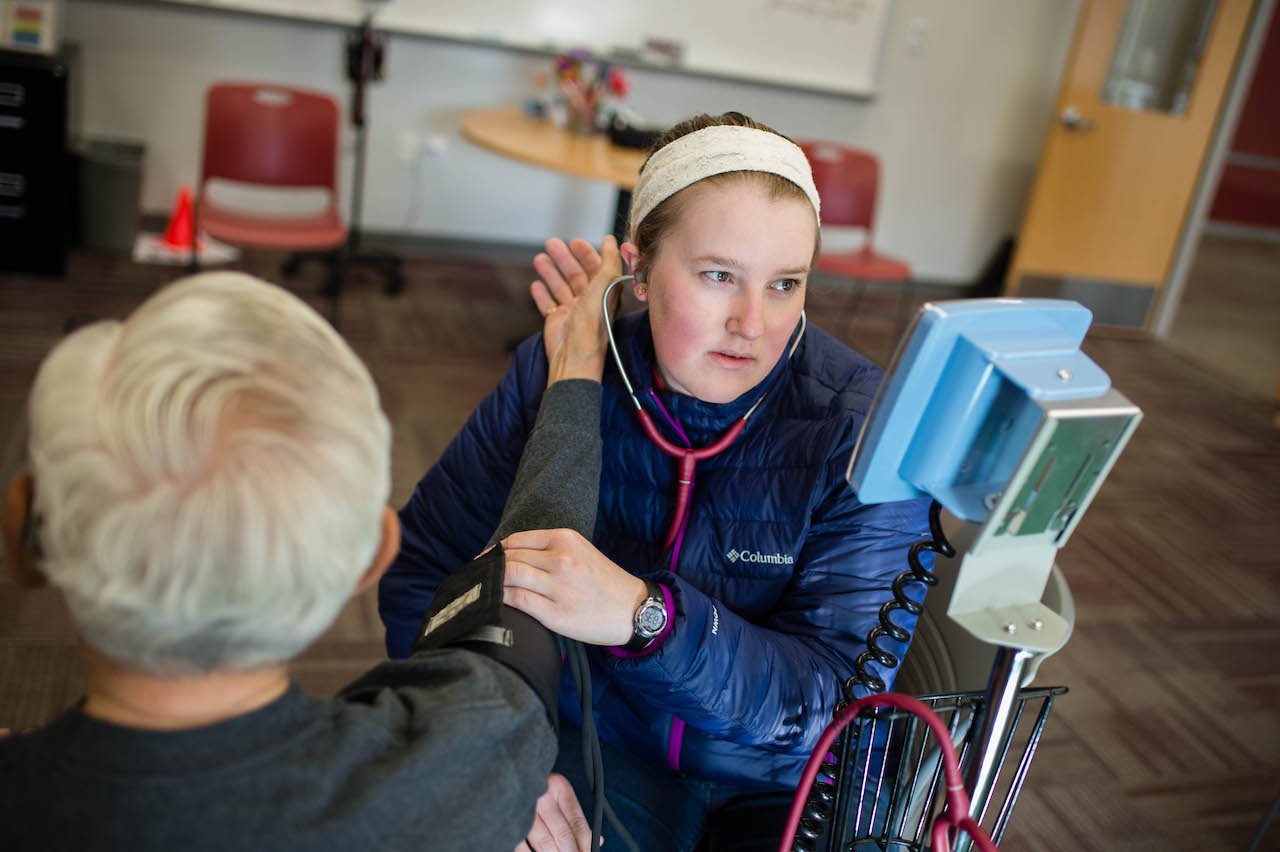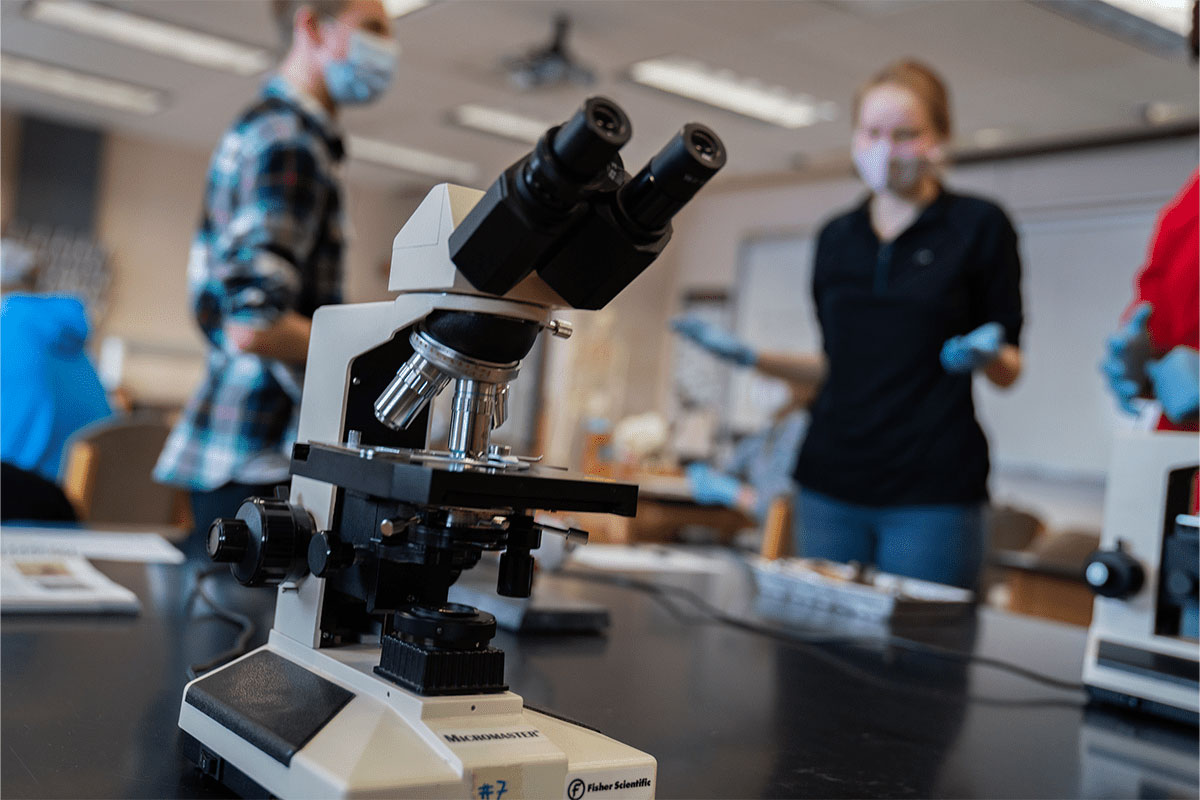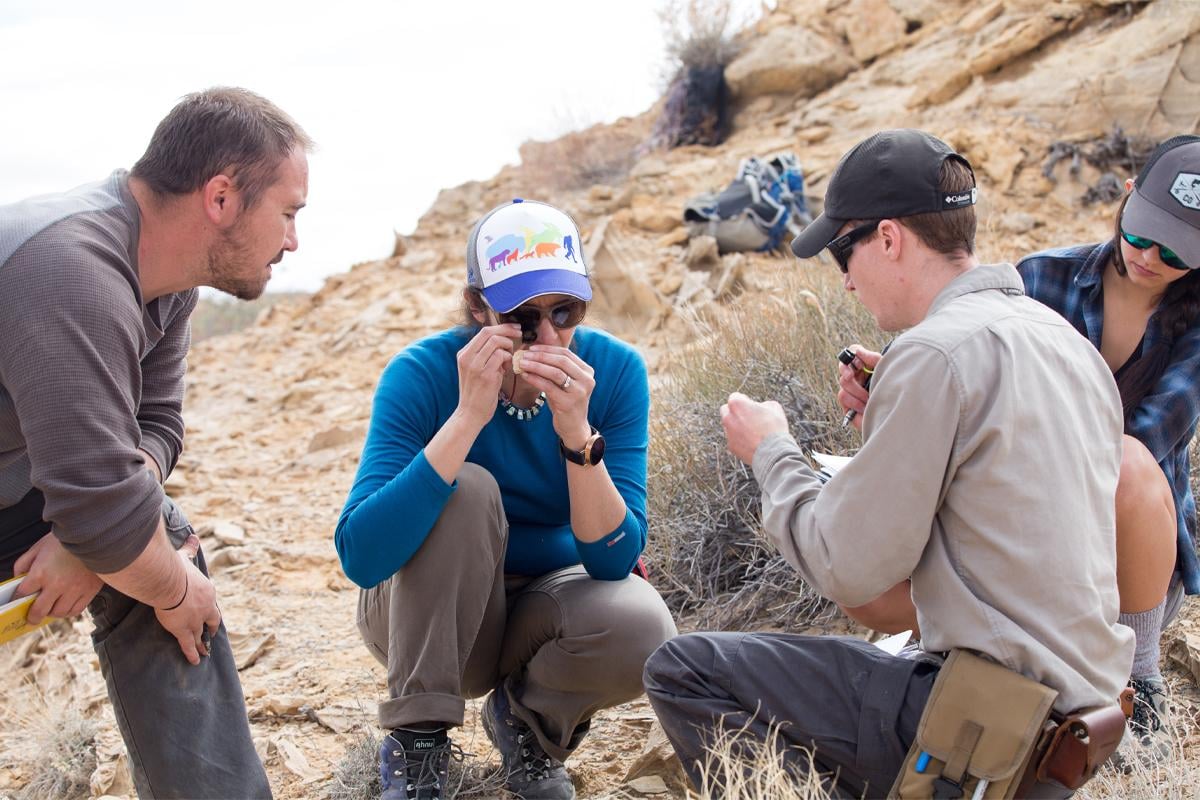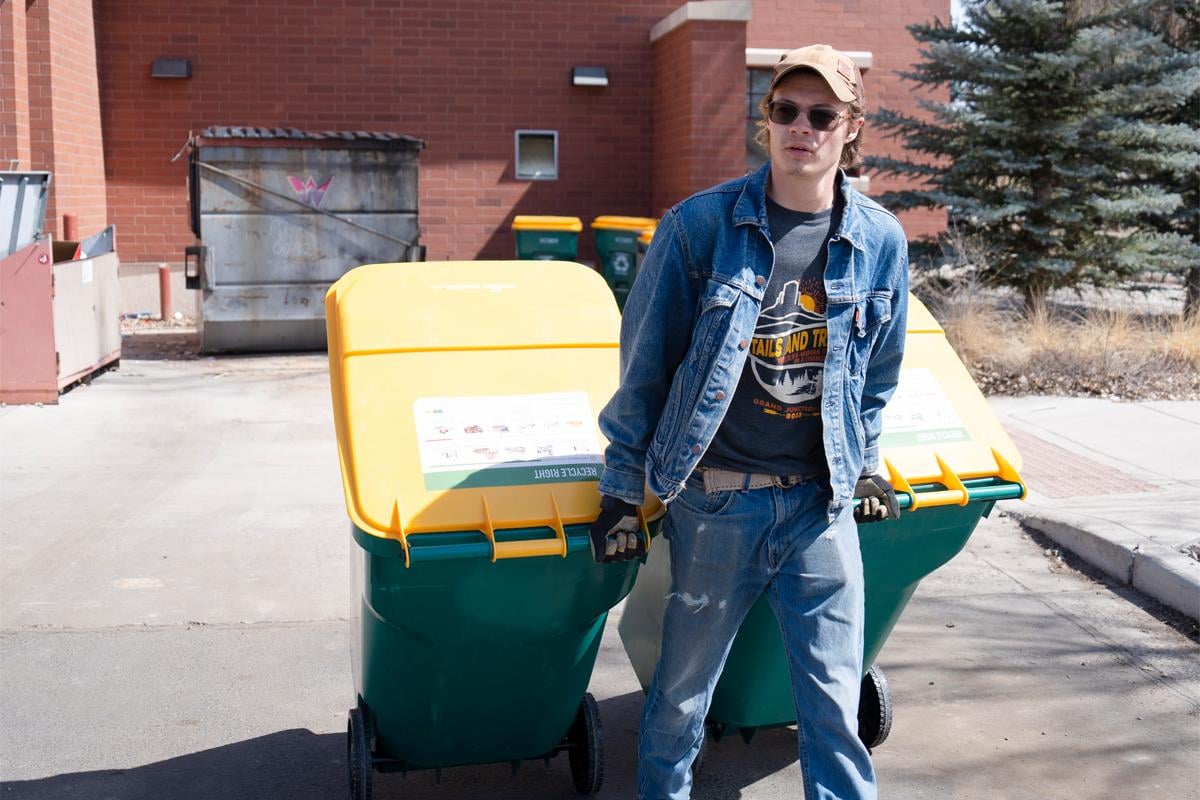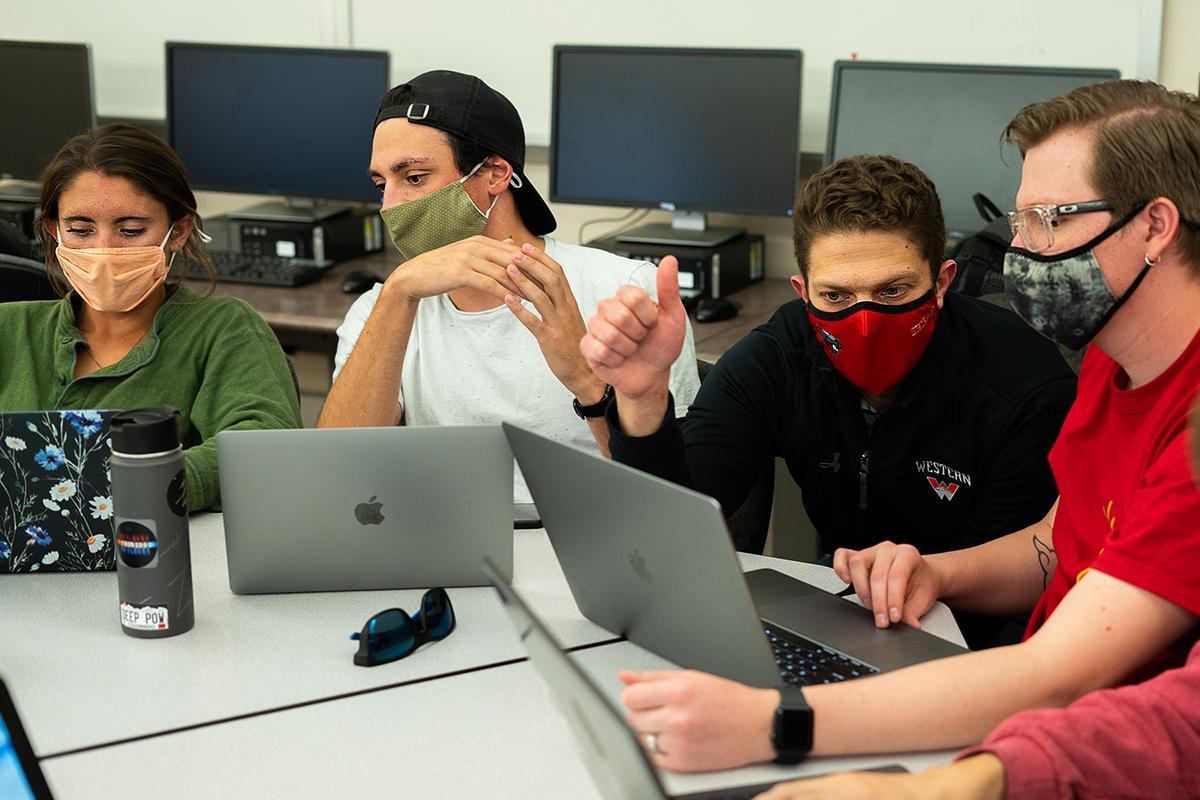Live and learn in one of the most geologically diverse regions in the world.
Geology involves the study of rocks, minerals, topography and plate tectonics (earthquakes, volcanism and mountain building), as well as the history of Earth and it’s life forms. As a Geology student at Western Colorado University, you’ll live and learn in one of the most geologically diverse regions in the world—the Gunnison Basin in the heart of the Rocky Mountains.
Through a combination of comprehensive coursework and hands-on experiences in the field, every aspect of the Geology major at Western meets or exceeds the American Geological Institute standards. Upon graduation, you’ll be prepared to pursue a graduate degree and excel professionally as an environmental consultant, geological surveyor, mine geologist and more.
